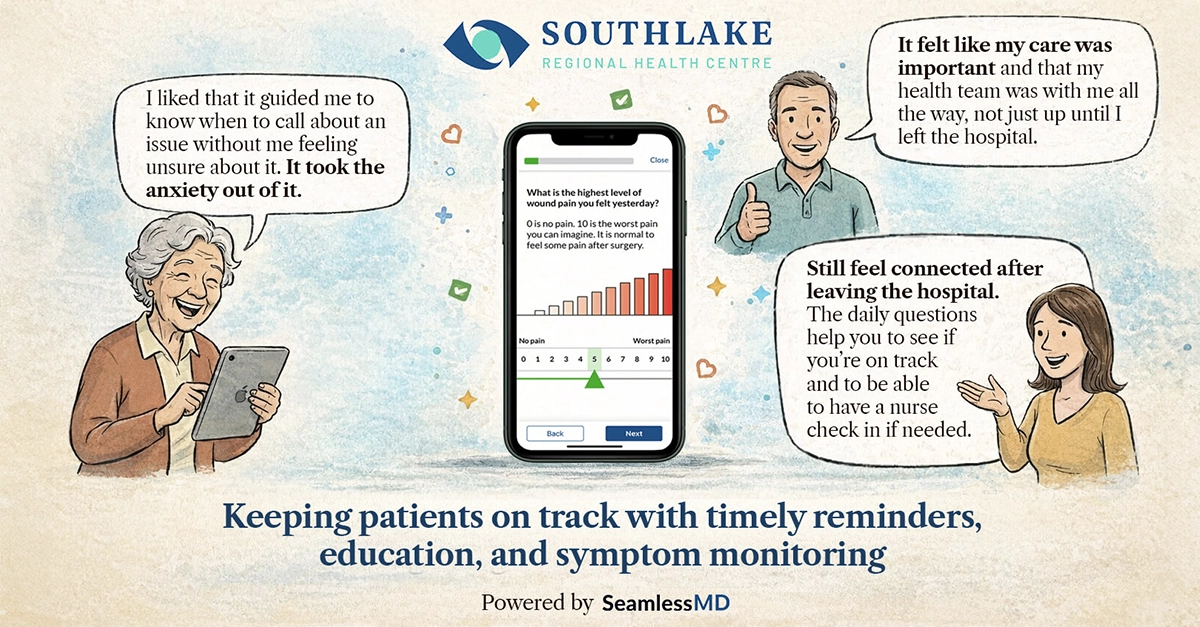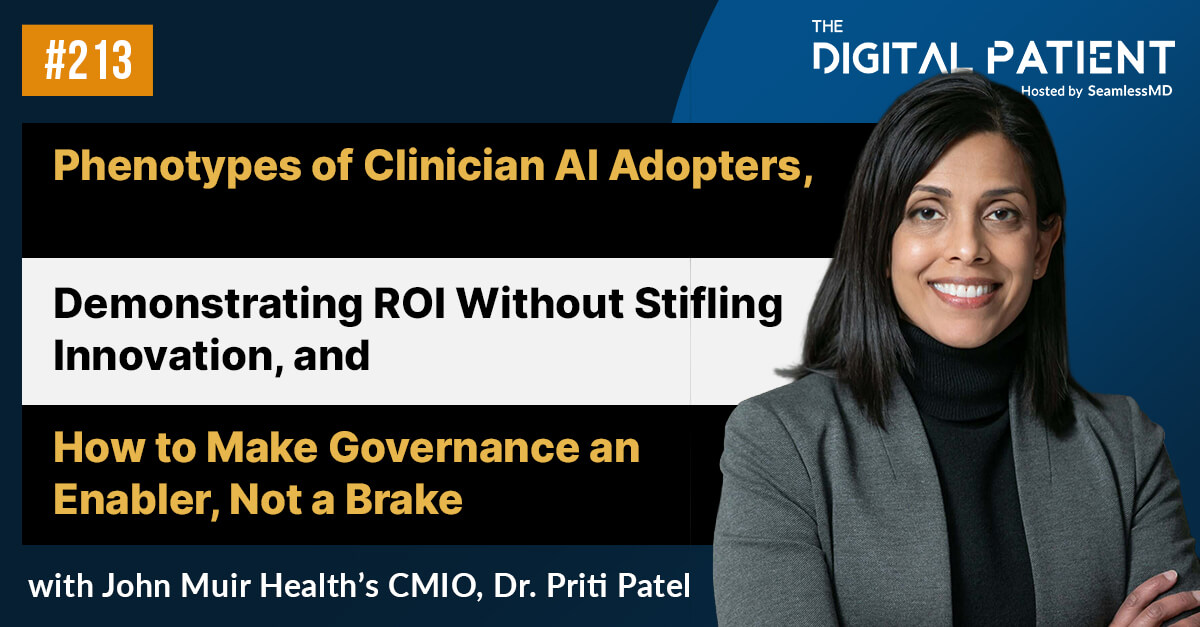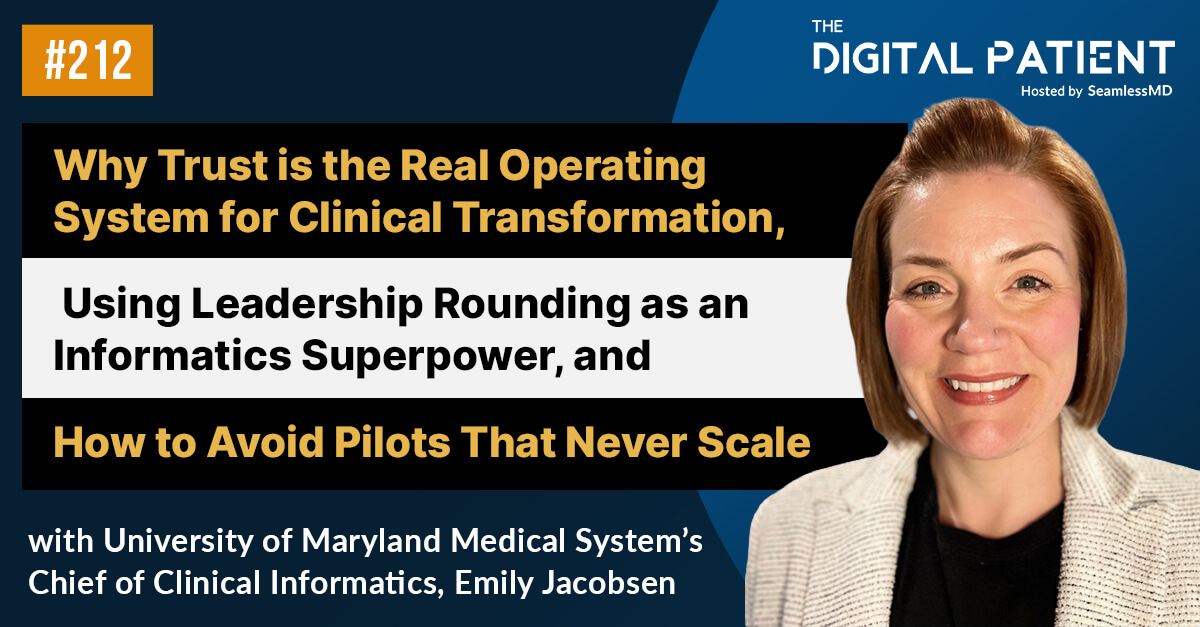Enhanced Recovery After Surgery (ERAS) is a multimodal perioperative care pathway, designed to achieve early recovery for patients undergoing major surgery by minimizing the stress of surgery and supporting patients to recover quickly.
Our ERAS Spotlight series features interviews with clinical leaders who are on the front lines striving to reduce variation of care, standardize care, and deliver high reliability health care.
We spoke with Kimberly Coffman, Clinical Program Manager at Lima Memorial Health System. With 1,500 employees and 25 facilities in a 10-county service area, Lima Memorial Health System is a not-for-profit healthcare organization that serves communities throughout northwest Ohio with high-quality, innovative healthcare in a family-centered environment. Kimberly shares her insights and experiences deploying, scaling, and optimizing an ERAS program across multiple service lines including the importance of creating multidisciplinary committees, consistent communication, and tips for inspiring others.
When did you launch your ERAS program and which ERAS surgical pathways have you deployed?
The ERAS program at Lima Memorial Health System was first launched in Q2 of 2020, in the thick of the pandemic. For the next two years, we concentrated on deploying pre-operative ERAS measures in multiple service lines, including General Surgery, Neurosurgery, Urology, Gynecology, Cardiothoracic, and more.
How did you secure organizational buy-in to deploy ERAS?
At Lima Memorial, we are blessed to have engagement system-wide from our surgeons and anesthesiologists, nursing and front-line staff, leadership, and executive teams, as well as our hospital Board of Directors. Transparency across all facets of our organization, along with deploying a multitude of communication tactics, enabled us to gain buy-in from key stakeholders. We sent letters, held meetings, made phone calls and office visits, and spoke about the program at every opportunity.
It was incredible to watch the transition from no one ever having heard of ERAS to having everyone on board. In 2022, the hospital made it a strategic goal to expand our ERAS program from the pre-operative phase through all surgical phases for one surgical population. This surgical population was Cardiothoracic Surgery/Open Heart.
Do you have an ERAS committee? How did you establish your committee, who is part of your committee and what roles do they play in supporting the sustainment and optimization of your ERAS program?
Our ERAS Committee started in 2020 with only two people, me and our Pre-Op Clinic Nurse Practitioner, who has been instrumental in the success of our program. Today, our ERAS Committee is multidisciplinary and attended by members of Nursing, Therapy, Pharmacy, Dieticians, Providers, Anesthesia, Case Management, Informatics, and Data Specialists. We have a few members from our frontline staff and are hoping to incorporate more over the coming months. The input and engagement from this team has led us to remarkable progress and change.
How do you measure the success of your ERAS program? Are there specific metrics/data that you collect, track, and analyze?
We have been working diligently for over two years to fully establish an internal data dashboard, which has proven very challenging at times. We track approximately 30 data points for our general ERAS patients, including blood glucose levels, post-op complications, length of stay, readmissions, and subsequent emergency room visits. For our Cardiothoracic service line specifically, we track 65 separate data points for each patient, through which we have seen early success in the percentage of patients being discharged to home, marked improvement in pain scores, and a reduction in length of stay.
The maintenance and ongoing sustainment of an ERAS program can be daunting. How have you overcome this challenge?
As a leader of ERAS, I have found that my profound passion for the program and what it can do for our patients is most vital. When you keep talking about it and allow others to feel your passion, it becomes contagious, and they become inspired to join the change. My advice to others is to keep pushing forward with single-minded determination and never give up.
What are the biggest barriers holding back the rollout of ERAS Programs, either in your own organization or in the industry?
In my experience in the medical field, it sometimes feels like time is never on our side. It can be easy to get lost in the day-to-day and lose sight of your bigger, overarching goals. For me personally, it can feel frustrating at times to not always be able to give the program the time and attention it deserves. Engaging a multidisciplinary team for support and task division has been critical in overcoming this barrier.
For others that are responsible for managing ERAS Programs, what resources or tools would you recommend?
It is incredibly helpful to network with others and reach out for support or advice. There are so many incredible ERAS leaders out there that are happy to jump at any chance to help one another. Join groups, go on site visits, network at conferences, and you will find yourself rejuvenated from connecting with others who ‘speak your ERAS language’.
Is there one piece of advice that you would like to share with others who are starting or scaling an ERAS Program?
The main thing I’ve learned is that there is no ‘right’ way to start an ERAS program. Whether you launch a massive system-wide initiative or start with just one small measure in your pre-operative department, the important thing is that you start.

Kimberly Coffman is a Clinical Program Manager at Lima Memorial Health System in Lima, Ohio, where she currently manages the Anesthesia Program, Pre-Operative Clinic, and Enhanced Recovery After Surgery (ERAS) Program. A passionate, patient-focused leader, Kimberly plays a key role in the administration and optimization of the system’s ERAS program. With more than a decade of nursing experience, Kimberly began her career in the Adult Burn ICU at UC Health and then spent three years at Mercy Health prior to joining Lima Memorial in 2015, where she has held several leadership roles across service lines. Kimberly holds a Master of Science in Nursing Leadership and Management and will graduate this spring with her Master of Business Administration from Western Governor’s University. In her spare time, Kimberly enjoys travelling and scuba diving. Connect with Kimberly on LinkedIn.
.svg)










.png)
